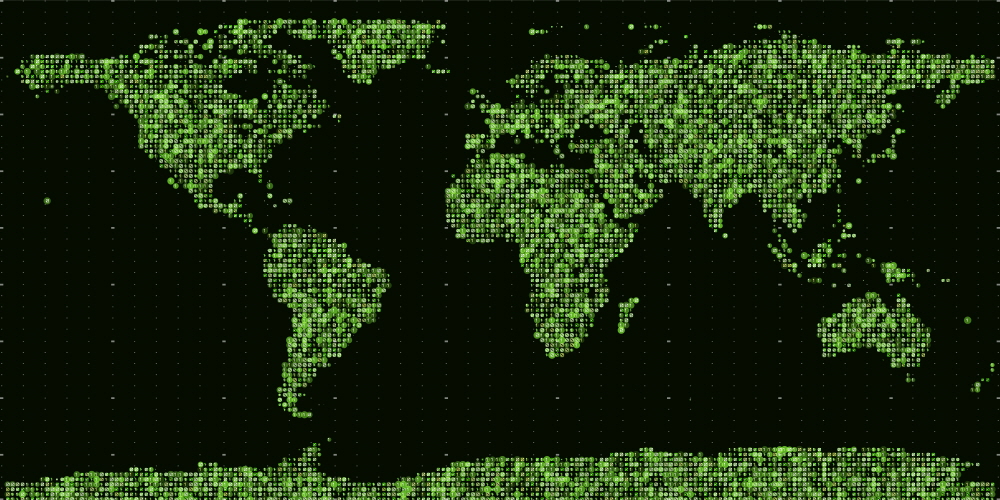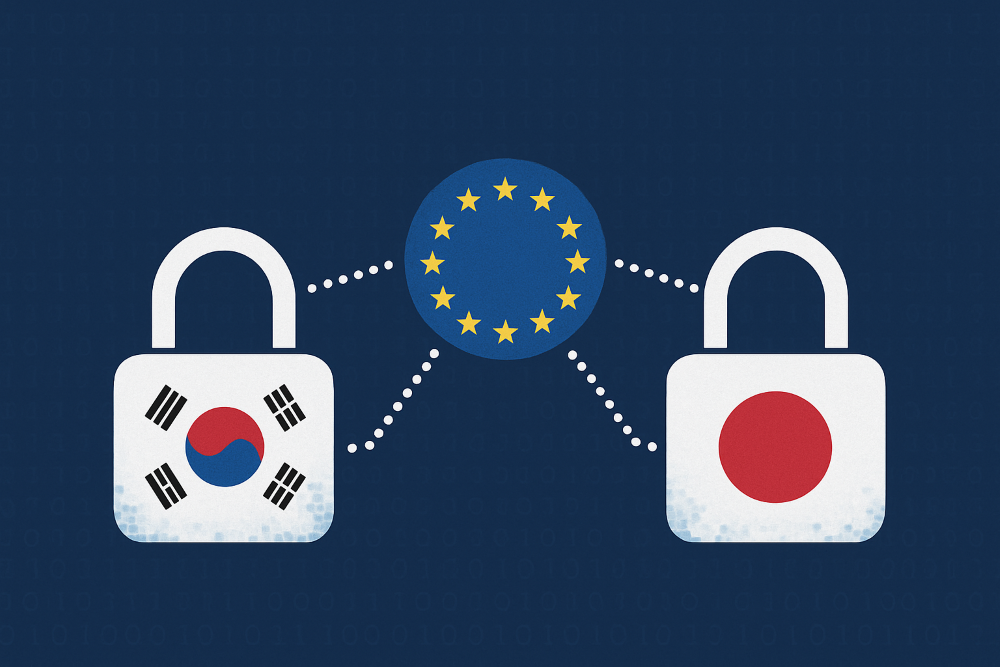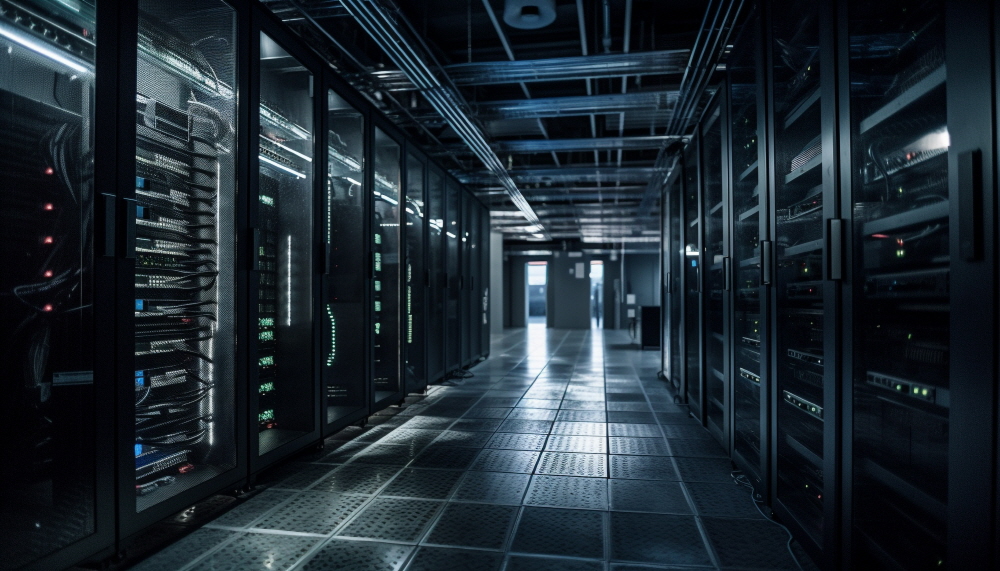- #Global Issues
- #South Korea

Key Takeaways
- The United States and South Korea’s drive to attain global AI leadership re-enforces the need for a strong cybersecurity foundation.
- Building upon the past, the two nations must establish a “future-oriented” U.S.-ROK cyber alliance in the Indo-Pacific region, focusing on near-term cooperation with Southeast Asia nations.
- Overall, U.S.–ROK cooperation on AI and cybersecurity is a strategic opportunity to modernize the alliance and address shared intra- and cross-regional digital security challenges.
Across a spectrum of critical and emerging technologies,
South Korea—one of the world’s leading developers and producers for
semiconductors—remains a pivotal technology partner for the United States. On
August 25, 2025, U.S. President Donald Trump and newly-elected South Korean
President Lee Jae-myung met for their inaugural summit in Washington, D.C.
While the conversation was overshadowed by the prevailing tariff negotiations,
the crux of the summit centered on strategies for modernizing
U.S.-South Korean relations towards a “future-oriented” strategic alliance.
To this end, the U.S.-ROK cybersecurity cooperation presents a strategic
opening for strengthening bilateral cooperation.
As the two nations look to bolster their bilateral
security partnership, targeting areas of mutual benefit and success will be
pivotal in tacking the evolving economic and defense landscape in the
Indo-Pacific region. While emerging digital technologies and platforms offer
vast potential for the region—representing significant shares of global GDP and
trade—expanding cyber security challenges could cripple progress unless determined,
collective action is taken.
Moving forward, Washington and Seoul have a
window of opportunity to enhance the U.S.-ROK bilateral cybersecurity
cooperation—both within public-private relations and defense sectors—and
support regional cybersecurity infrastructure and practice in the broader
Indo-Pacific region.
South Korea’s Expanded AI & Cybersecurity Agenda
Since taking office, President Lee has set
a bold
agenda for South Korea’s leadership in the global AI race. Based on Lee’s
first economic blueprint, the South Korean government’s ambitious fiscal policy
to promote domestic growth centers powerfully on policy-driven “AI
transformation” across leading industries. Already, South Korea is a leader in
the AI-driven semiconductor market—accounting for approximately 13% of the
total global market—with companies like Samsung and SK Hynix dominating memory
chip production, particularly in High-Bandwidth Memory (HBM), a critical
component for AI systems. Domestically, the Lee administration is determined to
leverage South Korea’s technical
prowess, targeting science and technology (S&T) innovation across
multiple sectors, to boost the nation’s lagging economy.
On the international stage, South Korea has
demonstrated global leadership in establishing norms-building for AI development
and usage in recent year. Entering the AI governance discussion, the ROK
government launched
the 2024 AI Seoul Summit, convening international policy, industry, and
academia leaders for a first-of-a-kind program in the Indo-Pacific region. Beyond
the private sectors, Seoul later hosted the Responsible
AI in the Military Domain (REAIM) Summit—gaining global recognizing for its
growing AI governance initiatives. Today, under newly-elected President Lee’s
guidance, Seoul aims to further its leadership position by establishing full-scale
support initiatives to rapidly develop and up-scale local AI R&D and
industry expansion.
However, with technical progress emerges
security challenges. Recently, President Lee punctuated the important
connection between technical progress and security for the future of South
Korea’s AI development, stating
that “[…] only with strong cyber-security can Korea realistically become on of
the world’s top three AI powers. Evidently, South Korea’s AI aspirations must
be rooted in strong and sustainable operational frameworks for cybersecurity
resilience—both at home and among allies. Looking forward, South Korea’s drive
to advance AI-centered policy and S&T industry presents a timely and paramount
opening to further U.S.-ROK future-leaning cybersecurity cooperation.
Advancing U.S.-ROK Cybersecurity Cooperation
The translational nature of cyber space
necessitates bilateral and international defense cooperation. As security
allies, the United States and South Korea have a robust and well-established
cybersecurity partnership. Highlighted during the celebration of the 70th
of the U.S.-ROK Alliance in 2023, the two nations share mutual commitments to
strengthening bilateral alignment on international cyber policy. Building on
this long history, the 2024 U.S.-ROK Strategic Cybersecurity Cooperation
Framework strengthened
mutual policy alignment, solidified joint initiatives, and ensured the
establishment of regional capacity-building to detect, deter, and disrupt malicious
cyber activities.
Following the U.S. revision towards a “Defense
Forward”-centered national cyber policy, South Korea launched
its re-aligned 2024 National Cybersecurity Strategy, targeting strategies for
reinforcing domestic institutional defenses for public and private institutions
and denoting cyber threat actors and activities. Most recently, U.S.-led cyber
security and intelligence-sharing exercises, such as the annual Cyber
Flag, bring together key U.S allies—including the United Kingdom,
Australia, Canada and New Zealand, South Korea, and Japan—aims to enhance
multilateral capacity against cyber-attacks.
Moreover, a focus on bridging international
and regional cybersecurity cooperation to establish tailored, expandable
capacity-building in the Indo-Pacific region has been high on the U.S.-ROK cybersecurity
agenda. For example, South Korea reaffirmed
its join commitments with the United States to establishment of “international
stability in the cyberspace,” at the 7th U.S.-ROK Cyber Policy
Consultations in January 2024. Similarly, the United States and South Korea jointly
declared
the “Regional Cooperation Framework for U.S.-ROK Alliance Contributions to
Security in the Indo-Pacific”—specifically calling for closer cooperation in
Southeast Asia on cyber defense mechanisms. Since then, South Korea has explored
diversifying channels and targets of international cooperation to promote cyber
capacity-building initiatives in the broader region.
Building Towards Southeast Asia
A key element of strengthening U.S.–ROK
cybersecurity cooperation could involve jointly pursuing renewed avenues for
engagement in Southeast Asia, with a focus on regional capacity-building
initiatives that enhance resilience and narrow existing capability gaps.
Across Southeast Asia, nations are rapidly investing
in digitization—viewing cyberspace as the next frontier
of socio-economic progress—but, despite intra- and cross-regional cooperation,
struggle to keep pace with escalating cyber threats. As these nations look to
grow their digital ecosystems for public and private usage, the need for
collective cyber defense architecture is more pressing than ever before.
Many Southeast Asian countries have adopted
advanced regulatory frameworks and institutionalized goal-oriented policy
platforms—including the Philippines’ National
Cybersecurity Plan, Singapore’s Smart
Nation, and Thailand’s Cybersecurity
Policy and Action Plan. Beyond the national-level, the Association for
Southeast Asian Nations’ (ASEAN) frameworks on digital economy and
infrastructure development, such as the Cybersecurity
Cooperation Strategy for 2021-2025, the Cybersecurity and Information
Centre of Excellence, and the Singapore-led Cyber Capacity Programme, continue
to provide channels for intra-regional discussions and collaborations. The
establishment and buy-in to regional platforms on safeguarding digital ecosystems
and critical information infrastructures (CII) signals individual and multinational
recognition for the imperative to foster informed, prepared, and resilient
cybersecurity cooperation.
Despite varying initiatives, however, Southeast
Asian governments emphasize similar challenges to their expanding digital
economies from lack of informed workforce and difficulties in establishing
cybersecurity-relevant public–private information pathways to the necessity of harmonizing
national strategies with international cooperation. As these nations look to
secure their commercial and military information networks, engagement with the
United States and allies, such as South Korea, is particularly
valuable, especially in capacity-building, information-sharing, and
bolstering cross-sector resilience.
Already, South Korea’s hosting of the
Asia-Pacific Economic Cooperation’s (APEC) first high-level Digital
& AI Ministerial Meeting demonstrates Seoul ability to serve as a
cross-regional hub in establishing engagement pathways among the twenty-one
leading economies in the Indo-Pacific region. To counter evolving cyber threats
across the region, stronger cooperation with partners like the United States
and South Korea, deeper workforce development, and greater coordination within ASEAN
will be increasingly critical.
Forward-Looking Opportunities
Looking forward, the United States and
South Korea are uniquely positioned to shape the future of collective cybersecurity
in the Indo-Pacific region. Beyond summits, the United States and South Korea
should leverage their advanced cyber capabilities to serve as anchors for
broader regional cooperation among Southeast Asian nations.
By deepening bilateral cooperation and
extending their joint efforts to Southeast Asia, the two nations can strengthen
regional cyber resilience through the expanding regional threat information-sharing
platforms and conducting regular multilateral cyber-relevant table top and
in-region exercises to improve detection and response to malicious activity.
Importantly, the U.S. and South Korea
should coordinate with ASEAN mechanisms and local partners to strengthen legal
and regulatory frameworks, reduce reliance on adversary-linked ICT
infrastructure, and promote secure digital connectivity—creating a more
resilient Southeast Asian cyber ecosystem that deters state-backed and criminal
cyber actors alike. Expanding multilateral initiatives with ASEAN will not only
safeguard critical infrastructure but also advance a future-oriented U.S.–ROK
alliance rooted in shared security and prosperity.
Without decisive leadership and unified regional effort, the Indo-Pacific’s strategic trajectory—and the region’s digital future—may be perilously vulnerable. Ultimately, Washington and Seoul’s joint engagement in Southeast Asia represents both a strategic necessity and an opportunity to demonstrate leadership in building a secure, thriving digital economy the region.
Kayla T. Orta is a Nonresident Fellow in the Indo-Pacific Security Initiative at the Atlantic Council’s Scowcroft Center for Strategy and Security. A former US Department of Defense NSEP Boren Scholar to South Korea, her expertise lies in US-Korean foreign relations, especially at the intersection of security and technology policy, including nonproliferation, S&T diplomacy, and civil nuclear energy markets. Professionally fluent in Korean, Orta most recently worked as the senior associate at the Wilson Center’s Hyundai Motor-Korea Foundation Center for Korean History and Public Policy. She has held a variety of fellowships in the United States and South Korea. Her most recent book focused on US-ROK civil nuclear cooperation, titled “Avoiding Meltdowns & Blackouts: Confidence-building in Inter-Korean Engagement on Nuclear Safety and Energy Development” (Wilson Center, 2023).




